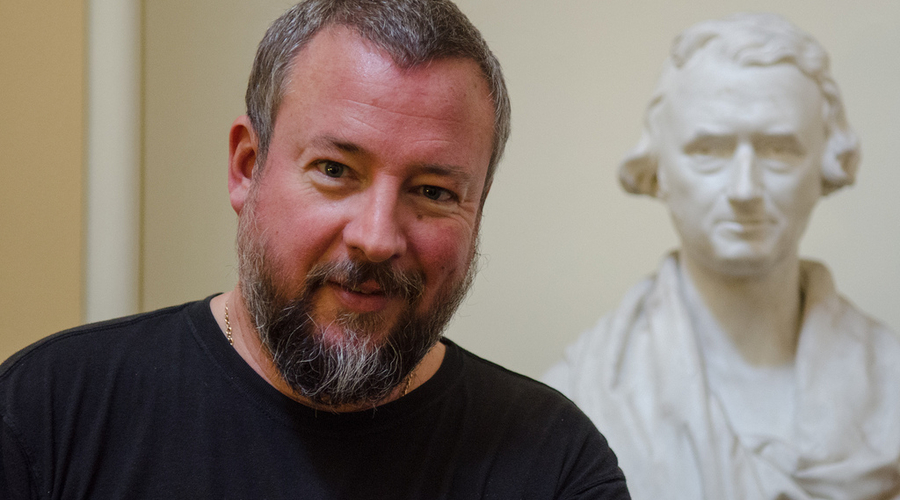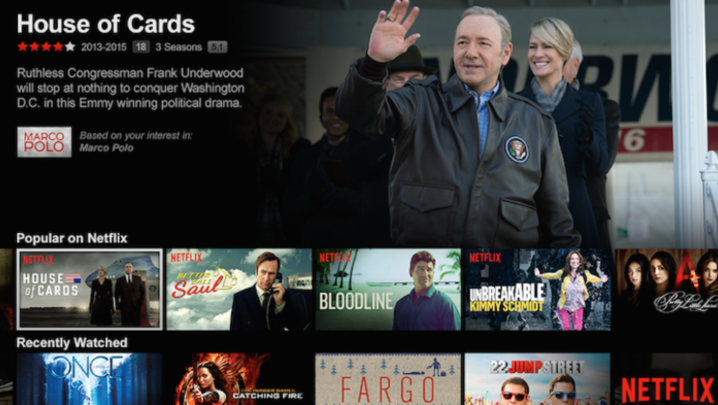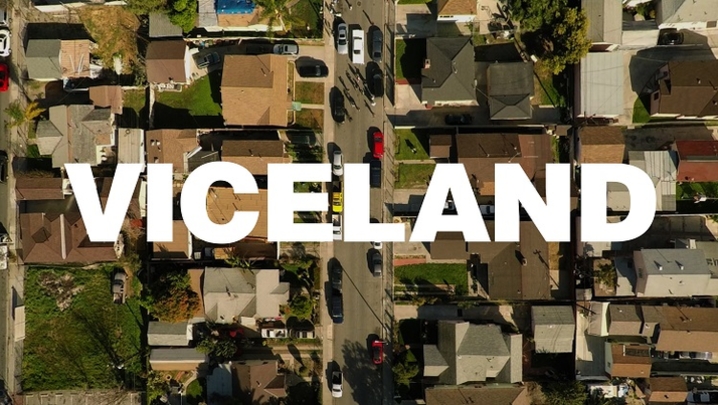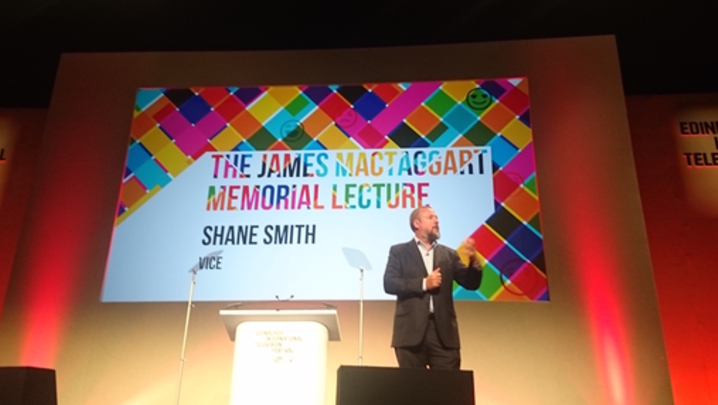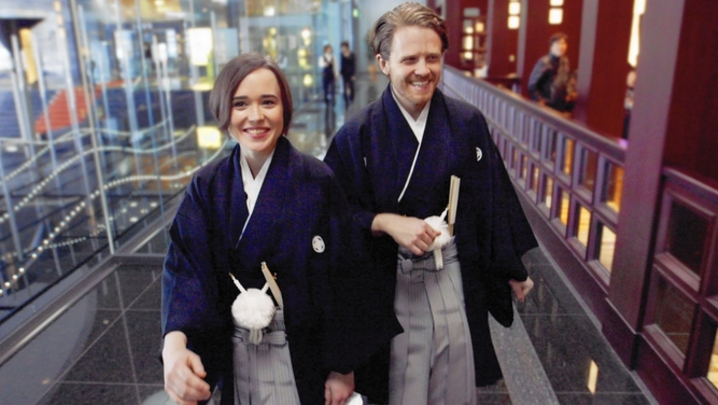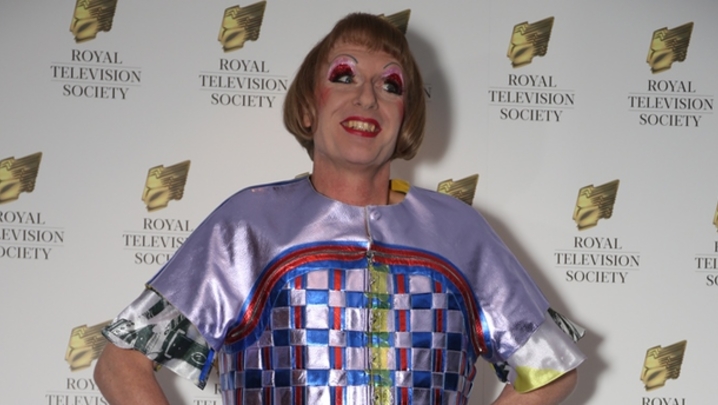The youth-oriented magazine and brand is set to launch a linear channel on British television
Already a success in its native Canada, Vice is preparing to launch a free-to-air linear channel in the UK - one of 12 across Europe that will be rolled out in the next two years.
Speaking to Broadcast magazine, the company's chief executive Shane Smith said: “It’s no secret that we’ve been wanting to expand our linear presence for quite some time”.
Vice began in Quebec in 1994 as a magazine focusing on independent arts and pop culture, but has since moved towards more serious news coverage.
The brand already has a strong production presence thanks to its current affairs strand Vice News, and this is set to double at its Shoreditch headquarters. Despite plans for a wider network of channels across the world, Smith was keen to stress that the focus would be on country-specific content.
“We don’t want to make the mistake that MTV did with this big international network and shove My Super Sweet 16 down everybody’s throats... We definitely want to use this growth period to empower our people to make the content that they want to make country by country.”
Some of the programmes already lined up for the channel include Gaycation with Ellen Page, Vice Portraits and Weediquette, as well as content from its food venture Munchies.
“We’re like Iran with their ballistic testing, we’ve been building our content in secret and now we have about 32 TV series.”
Smith has said that a number of different companies are interested in partnership with the channel, but that talks were still going on, telling The Guardian: "The best deal could be a terrestrial player in one market. It could be a cocktail. A pan-European mobile deal and a TV partner. Although the pan-European guys with the money do make it difficult for the domestic guys to compete. But we are taking a long-game approach."
Earlier this year, speaking in the RTS Television magazine, Richard Sambrook, Director of the Centre for Journalism at Cardiff University, expressed doubts about Vice's ability to adapt to linear television in future. "When it has got a schedule to fill day-in, day-out, the quantity of content has got to increase exponentially. Therefore, you've got to wonder whether it can continue to produce the same quality in that quantity".

